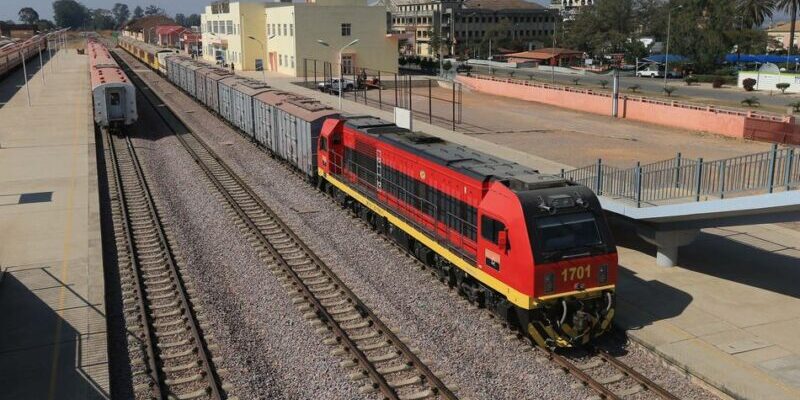
A billion-dollar expansion of Africa’s most strategic U.S.-backed critical minerals project is now in limbo due to a foreign aid freeze under the Trump administration—creating an opening for China to expand its influence.
At the center of the crisis is the Lobito Corridor railway project, a key infrastructure initiative designed to transport copper and cobalt from the Central African Copperbelt—home to some of the world’s richest deposits—to the Angolan coast for export to Western markets.
The project was set to receive funding from the U.S. International Development Finance Corp. (DFC) and additional support from USAID, but financial commitments have now stalled.
Government officials and developers fear the delays could derail the project entirely. Funding for feasibility studies, technical services, and early-stage payments has been frozen, leaving the future of the Lobito Corridor uncertain, according to Bloomberg.
While the project aligns with U.S. priorities on securing critical minerals, President Donald Trump’s aid freeze has cast doubt on long-term commitments.
One of the most pressing concerns is the rehabilitation of a railway in the Democratic Republic of Congo (DRC), a crucial component of the Lobito Corridor. In December, the U.S. and European Union signed an agreement with Congo to study the project, with cost estimates reaching $1 billion.
USAID had allocated $250,000 to explore financial models for the railway’s renovation, including potential public-private partnerships, and a $5 million request had been submitted for a pre-feasibility study. However, with U.S. funding now indefinitely frozen, the entire initiative faces growing uncertainty.
Despite continued interest from the European Union and the European Investment Bank, the stalled U.S. commitment raises concerns that African nations may turn to alternative funding sources.
Analysts warn that if the U.S. withdraws support for Africa’s mineral value chains, China—or even emerging players like Saudi Arabia—could step in to fill the gap.
With global competition intensifying over Africa’s rich mineral reserves, Washington’s wavering commitment could have long-term geopolitical consequences, potentially ceding ground to rivals in one of the world’s most strategic resource corridors.





